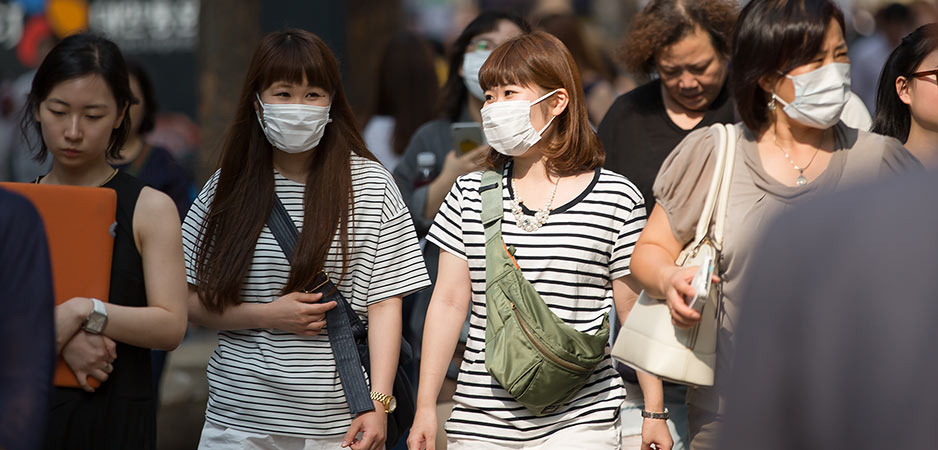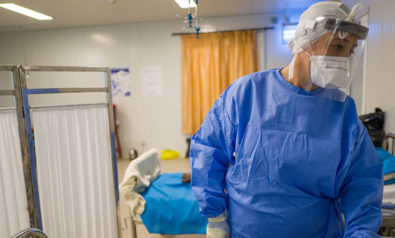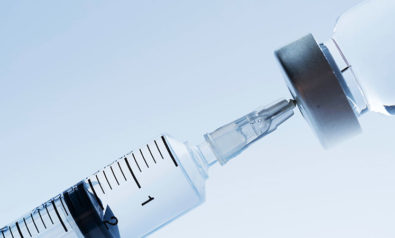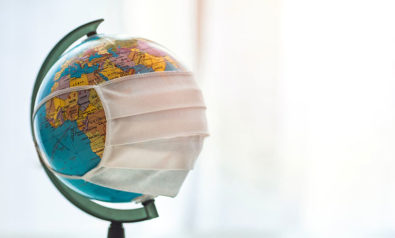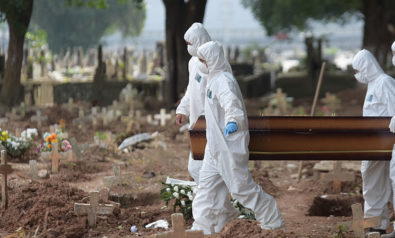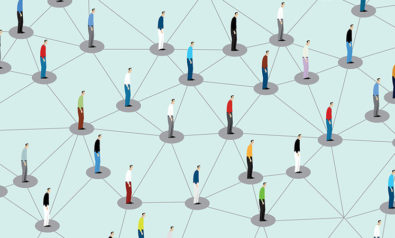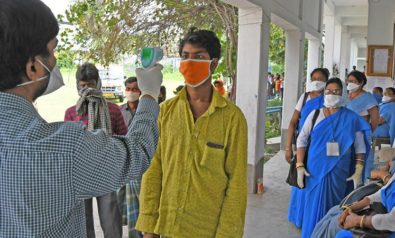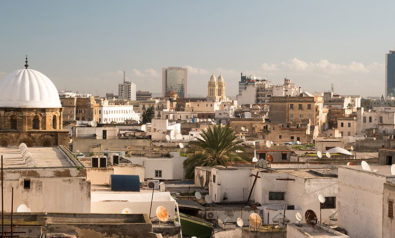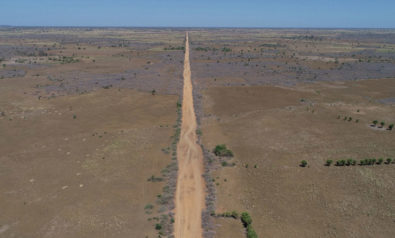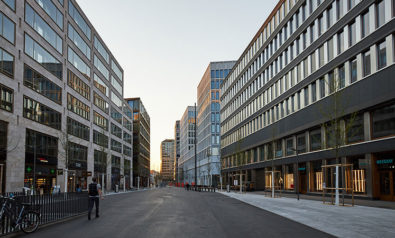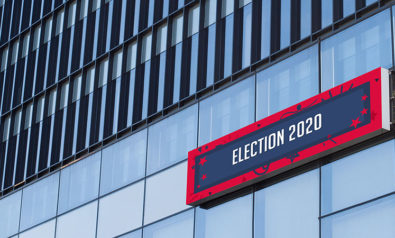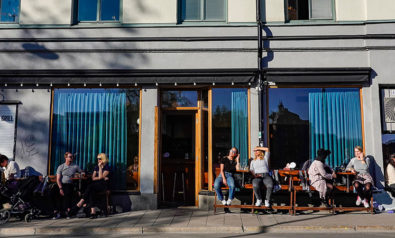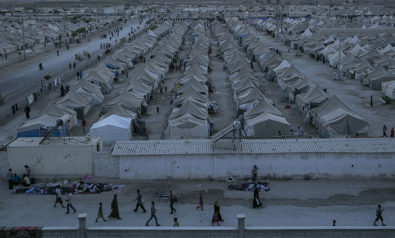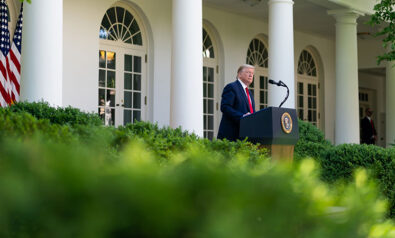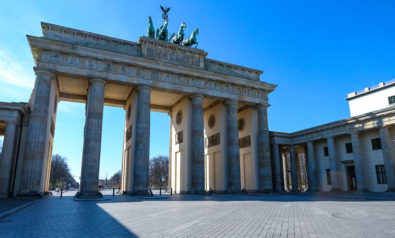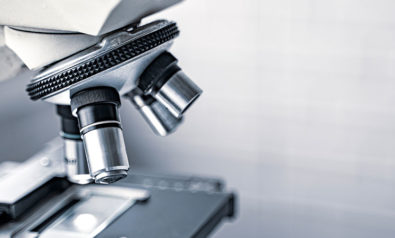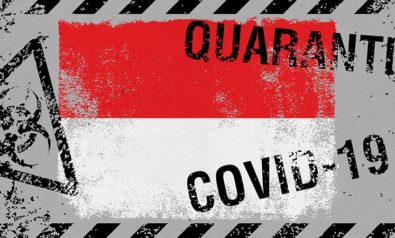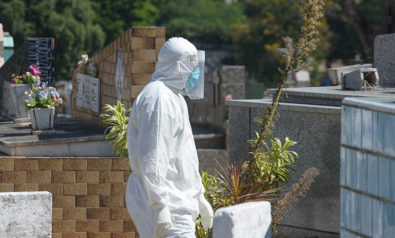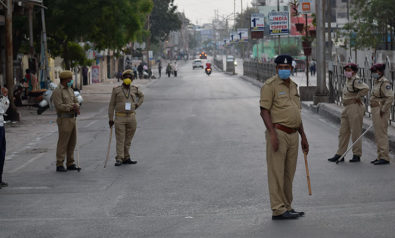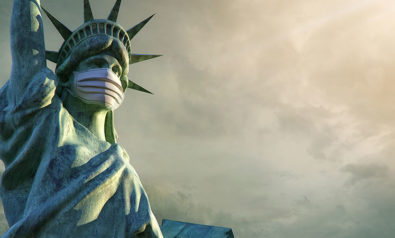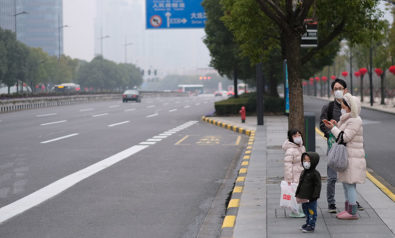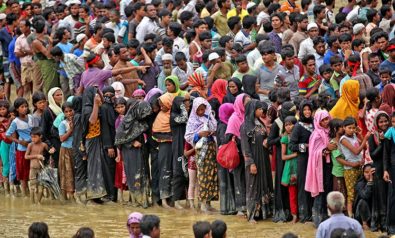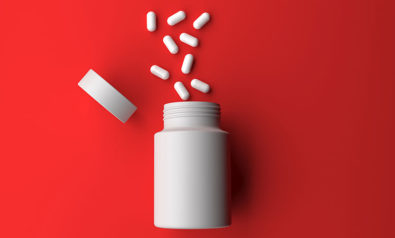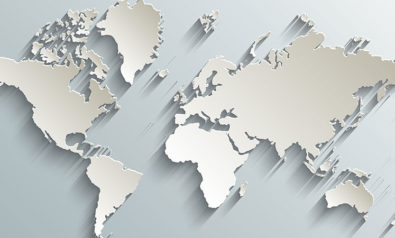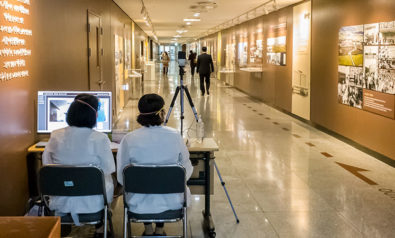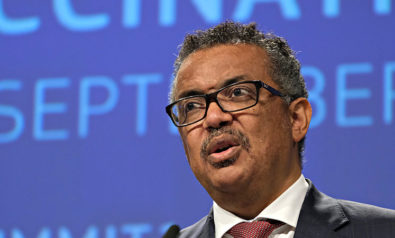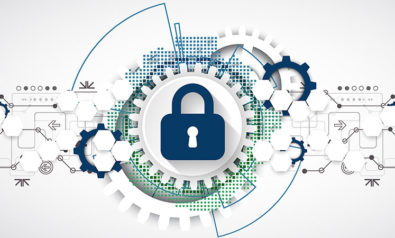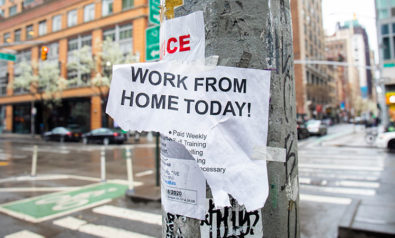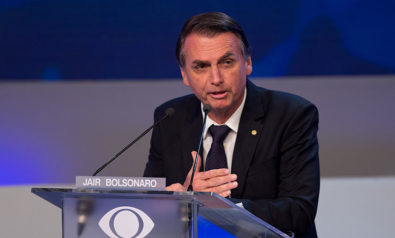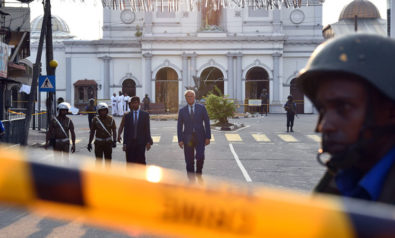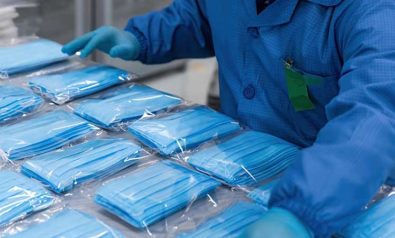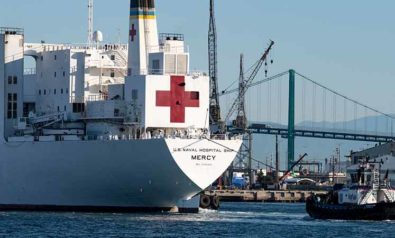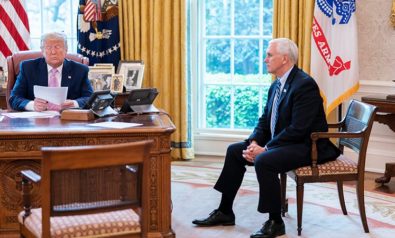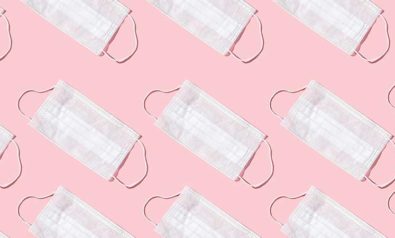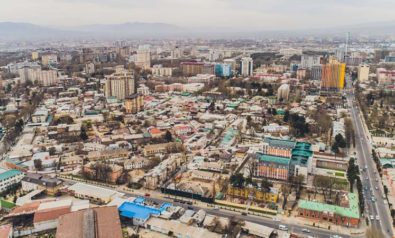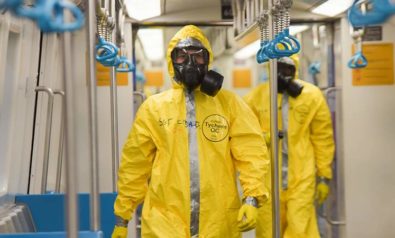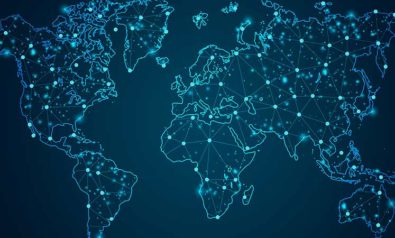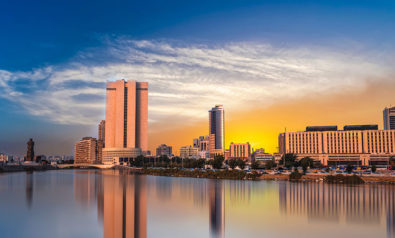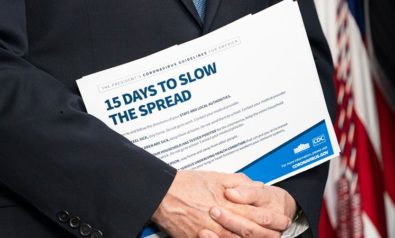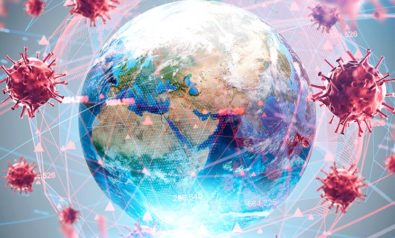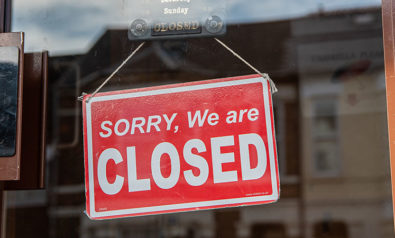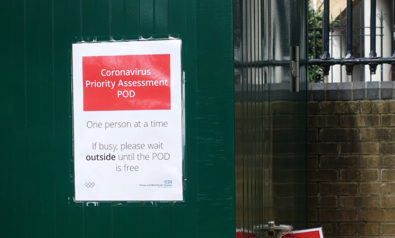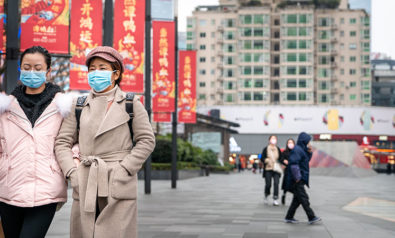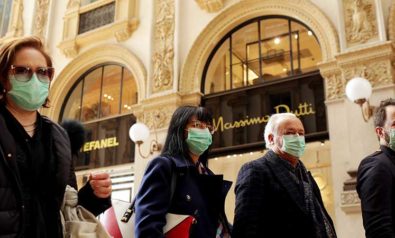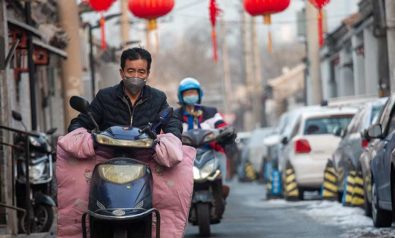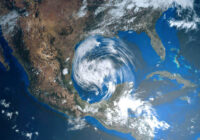While some Western nations begin easing some aspects of nationwide lockdowns, South Korea has so far successfully managed the coronavirus pandemic without imposing such massive restrictions. Public life continues more or less normally in South Korea and most businesses, including shops, restaurants and bars, remain open. Only schools and child care facilities are closed and mass events have been called off. On April 15, South Korea even held a national parliamentary election, with the highest turnout in 28 years. President Moon Jae-in’s party won the ballot in a landslide, largely because his administration was credited for the successful handling of the crisis.
COVID-19: What Indonesia Can Learn From South Korea and Taiwan
How did South Korea succeed, and what are the challenges ahead for the government seemingly strengthened by its electoral victory? In part, South Korea was lucky but, most importantly, it was well prepared institutionally and mentally due to its experience with previous crises.
South Korea has close economic relations with China, and large numbers of Chinese tourists frequently visit the country. Therefore, South Korea was one of the first countries affected when the new coronavirus, which causes the COVID-19 disease, emerged in China in late 2019. At the same time, South Korea has some important advantages. People entering and leaving its territory are easily controlled in the nation, which is practically an island and has a closed border with North Korea.
Meanwhile, South Korea’s health system is well developed, as described in the Bertelsmann Transformation Index (BTI) for 2020: “The universal health-insurance program is the most advanced element within the welfare state.” This meant that those feeling sick did not hesitate to seek treatment, which limited the spread of the virus and reduced undiscovered infections.
Strengthened by MERS Experience
The outbreak of the Middle East respiratory syndrome (MERS) in 2015 led South Korea to overhaul its emergency response system. Since then, people traveling to the country have been informed about infectious diseases and cameras at airports routinely check temperatures of arriving passengers, a measure that was in place even before the current crisis.
In addition, the MERS panic was still fresh in the minds of South Koreans, and most people started wearing masks immediately when the threat of COVID-19 emerged. Unlike the prevailing perception in the West, mask-wearing was never ordered by the government but was triggered by the public sensibility to the pandemic and the government’s ability for national mobilization. It helped that South Korea produces masks domestically, making more than 10 million a day, mostly because of the heavy air pollution during winter and spring.
When the COVID-19 crisis hit, the government was fast to react and built up its testing capacity, which included pioneering drive-through tests, and it was successful in tracking who infected patients had come into contact with. South Korea was lucky that initial infections were concentrated in a few easily identifiable hotspots that could be isolated. Travel restrictions for China’s Hubei province — which is where the new coronavirus first emerged — were also put in place early, while most other travelers had to observe 14 days of quarantine and download a self-monitoring app on their mobile phones. The tracing of movements of those testing positive for COVID-19 subsequently played an important role.
In South Korea, there have been few concerns about the privacy of tracing the movements of individuals, and everyone can check the movements of all known COVID-19 patients via online services and mobile apps. Names are excluded but almost all other information is posted. Warnings through apps and text messages are sent to people who could have come in contact with those infected.
In many ways, movement and contact tracing is far less intrusive than the nationwide lockdowns implemented in the West. On the other hand, lockdowns eventually end but data collection will most likely continue.
Protecting Privacy
So far, discussions about how to ensure the privacy of personal information and prevent the misuse of data are conspicuously absent. This is worrisome because institutions to protect individual rights against the state are still underdeveloped.
Officially, the South is still at war with the North, and national security laws limit freedom of expression and association. In this inherently repressive environment, there is always the danger that limitations on individual freedoms will be abused by an all-too-powerful executive. South Korea was institutionally and mentally prepared for the current crisis, but it might be less prepared for a post-coronavirus world.
Due to its dependence on exports, South Korea will be one of the most severely hit countries by the pandemic. Ironically, South Korea’s success in keeping its infection rate low might mean that the economic effects will last even longer. South Korea has fewer than 11,000 confirmed cases of COVID-19 in a country with a population of over 51 million, which means it will take longer for a broader number of people to develop immunity to the disease. The large share of precarious workers and the underdeveloped welfare state mean that the inevitable economic crisis will soon have massive social effects.
Toward an “Imperial Presidency”?
The election victory of President Moon’s party in April allows him to go back to his original promise of a more social, democratic and environmentally friendly South Korea. In particular, his plans to strengthen domestic demand by implementing welfare policies, increasing wages and strengthening labor rights seem appropriate at a time when exports will most likely collapse. The BTI 2020 report also warns of the dangers of an “imperial presidency” as presidential powers in South Korea are far-reaching.
Unlike the “war against the virus,” a post-COVID-19 South Korea cannot simply be built through technocratic interventions and national mobilization campaigns. The economic changes needed to weather the storm will have a redistributive effect and will thus trigger opposition.
Clearly, times of crisis are always the times of the executive. However, shaping a post-coronavirus South Korea will require a broad public discussion with individuals who have a plurality of opinions about different policy options. Ultimately, what shapes society is not the wars it wins, but the way it makes decisions about a better future.
The views expressed in this article are the author’s own and do not necessarily reflect Fair Observer’s editorial policy.
Support Fair Observer
We rely on your support for our independence, diversity and quality.
For more than 10 years, Fair Observer has been free, fair and independent. No billionaire owns us, no advertisers control us. We are a reader-supported nonprofit. Unlike many other publications, we keep our content free for readers regardless of where they live or whether they can afford to pay. We have no paywalls and no ads.
In the post-truth era of fake news, echo chambers and filter bubbles, we publish a plurality of perspectives from around the world. Anyone can publish with us, but everyone goes through a rigorous editorial process. So, you get fact-checked, well-reasoned content instead of noise.
We publish 2,500+ voices from 90+ countries. We also conduct education and training programs
on subjects ranging from digital media and journalism to writing and critical thinking. This
doesn’t come cheap. Servers, editors, trainers and web developers cost
money.
Please consider supporting us on a regular basis as a recurring donor or a
sustaining member.
Will you support FO’s journalism?
We rely on your support for our independence, diversity and quality.


